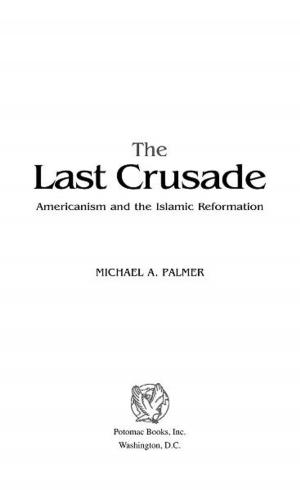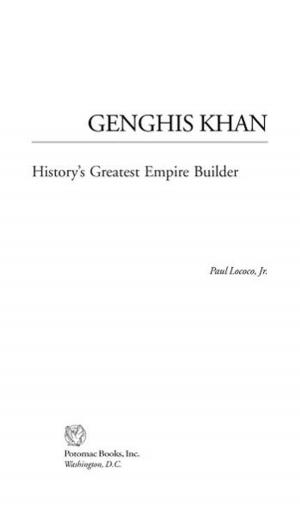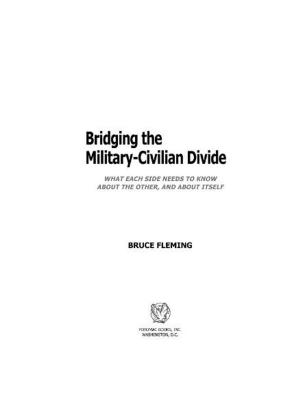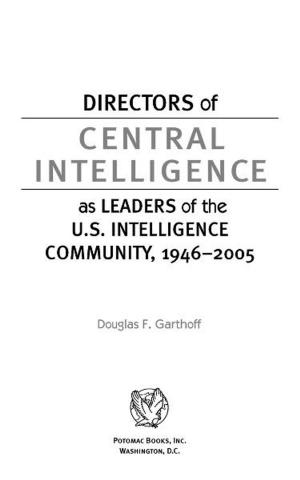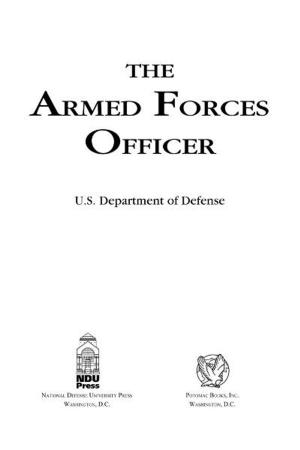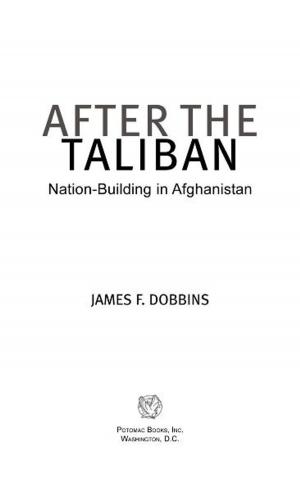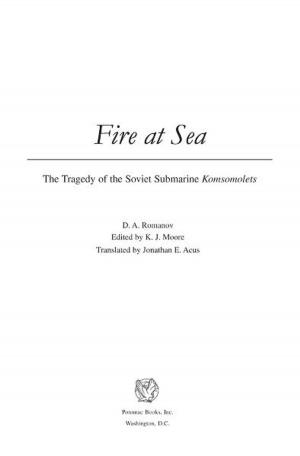Building the Nation
Missed Opportunities in Iraq and Afghanistan
Nonfiction, History, Middle East, Social & Cultural Studies, Political Science, International, International Relations| Author: | Heather Selma Gregg | ISBN: | 9781640121386 |
| Publisher: | Potomac Books | Publication: | December 1, 2018 |
| Imprint: | Potomac Books | Language: | English |
| Author: | Heather Selma Gregg |
| ISBN: | 9781640121386 |
| Publisher: | Potomac Books |
| Publication: | December 1, 2018 |
| Imprint: | Potomac Books |
| Language: | English |
Building the Nation draws from foreign-policy reports and interviews with U.S. military officers to investigate recent U.S.-led efforts to “nation-build” in Iraq and Afghanistan. Heather Selma Gregg argues that efforts to nation-build in both countries focused more on what should be called state-building, or how to establish a government, rule of law, security forces, and a viable economy. Considerably less attention was paid to what might truly be called nation-building—the process of developing a sense of shared identity, purpose, and destiny among a population within a state’s borders and popular support for the state and its government.
According to Gregg, efforts to stabilize states in the modern world require two key factors largely overlooked in Iraq and Afghanistan: popular involvement in the process of rebuilding the state that gives the population ownership of the process and its results and efforts to foster and strengthen national unity. Gregg offers a hypothetical look at how the United States and its allies could have used a population-centric approach to build viable states in Iraq and Afghanistan, focusing on initiatives that would have given the population buy-in and agency. Moving forward, Gregg proposes a six-step program for state and nation-building in the twenty-first century, stressing that these efforts are as much about how state-building is done as they are about specific goals or programs.
Building the Nation draws from foreign-policy reports and interviews with U.S. military officers to investigate recent U.S.-led efforts to “nation-build” in Iraq and Afghanistan. Heather Selma Gregg argues that efforts to nation-build in both countries focused more on what should be called state-building, or how to establish a government, rule of law, security forces, and a viable economy. Considerably less attention was paid to what might truly be called nation-building—the process of developing a sense of shared identity, purpose, and destiny among a population within a state’s borders and popular support for the state and its government.
According to Gregg, efforts to stabilize states in the modern world require two key factors largely overlooked in Iraq and Afghanistan: popular involvement in the process of rebuilding the state that gives the population ownership of the process and its results and efforts to foster and strengthen national unity. Gregg offers a hypothetical look at how the United States and its allies could have used a population-centric approach to build viable states in Iraq and Afghanistan, focusing on initiatives that would have given the population buy-in and agency. Moving forward, Gregg proposes a six-step program for state and nation-building in the twenty-first century, stressing that these efforts are as much about how state-building is done as they are about specific goals or programs.

